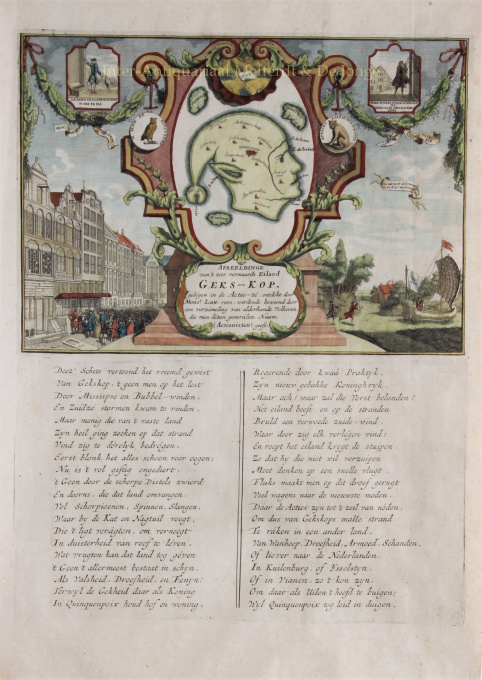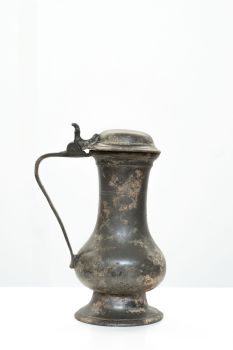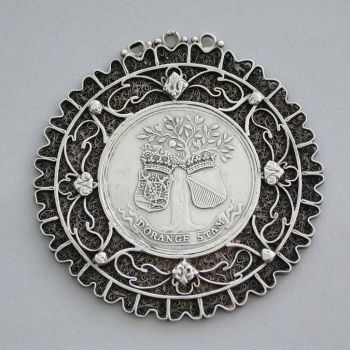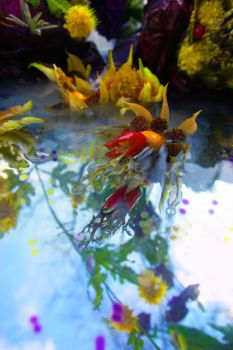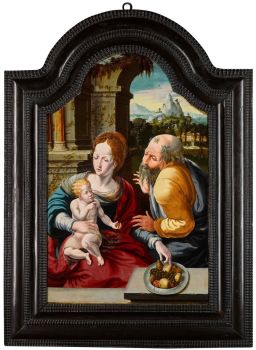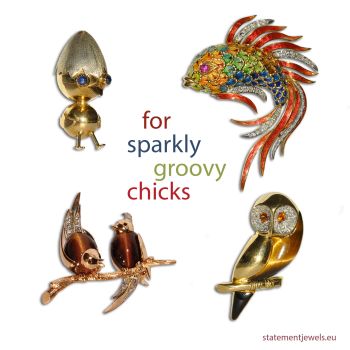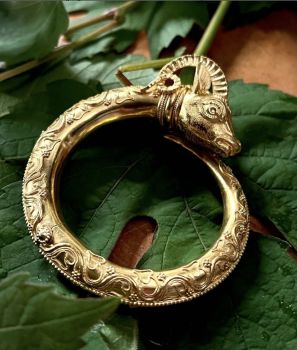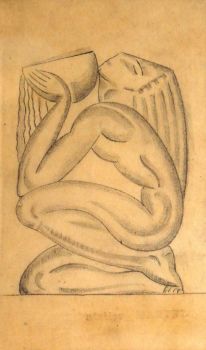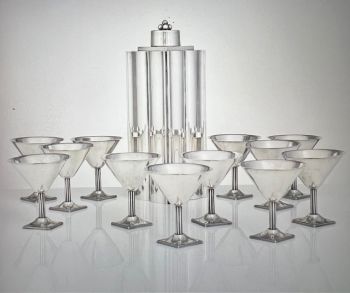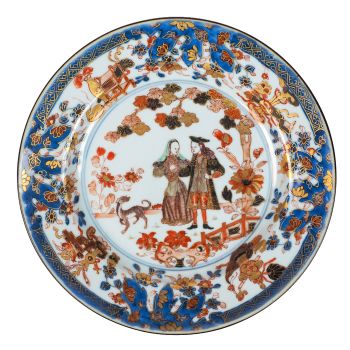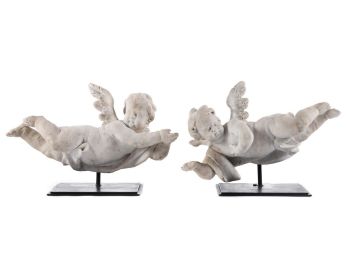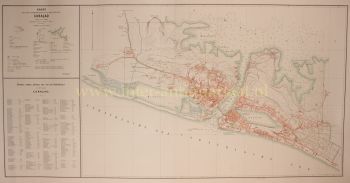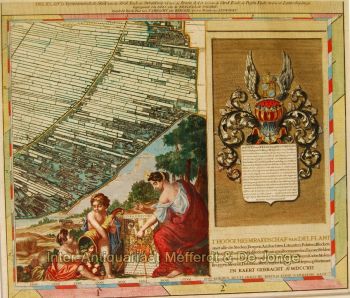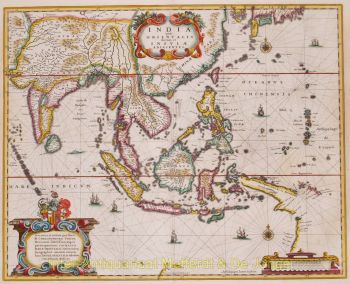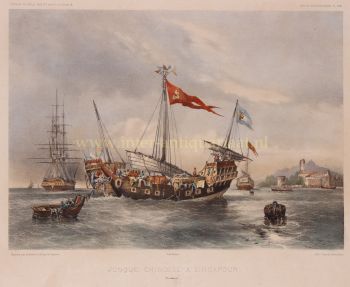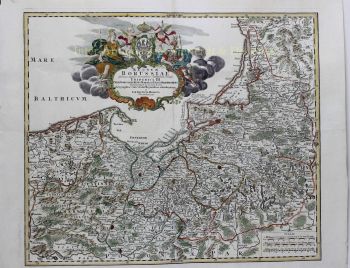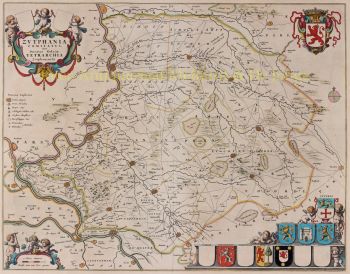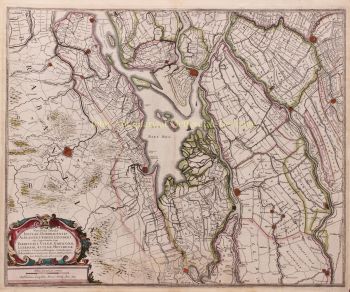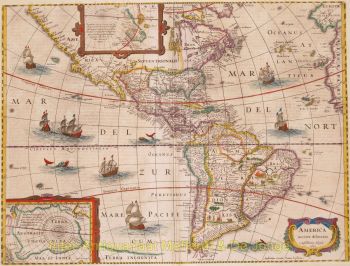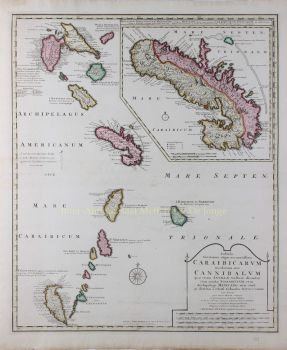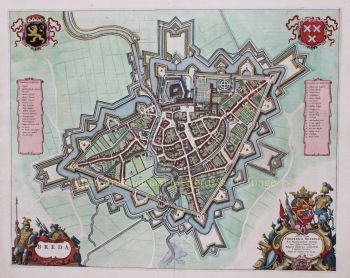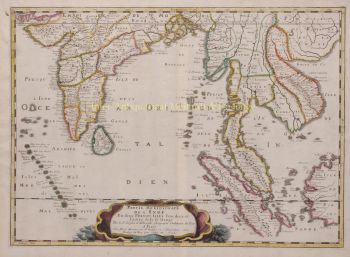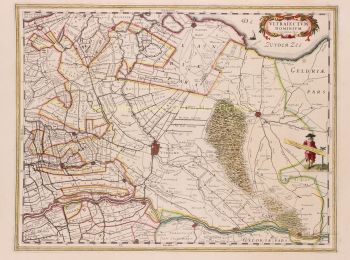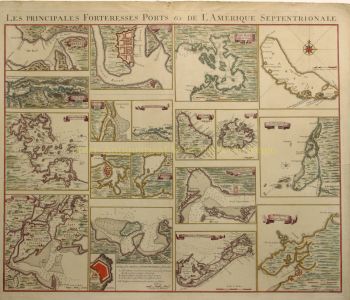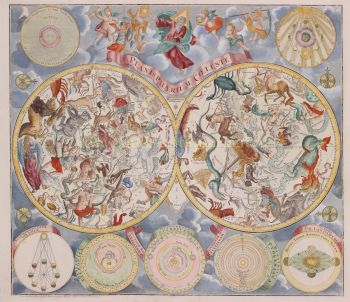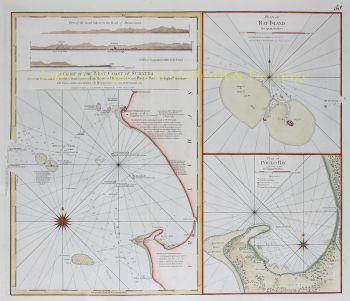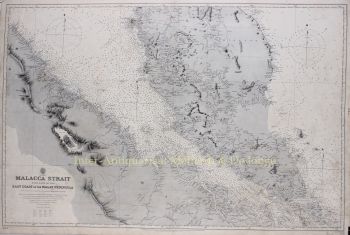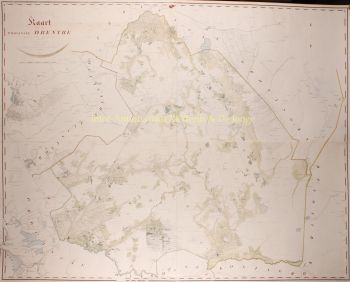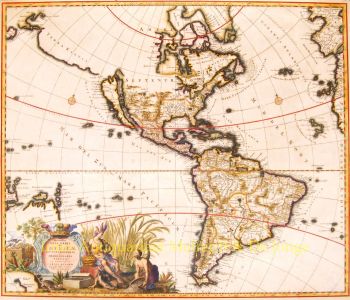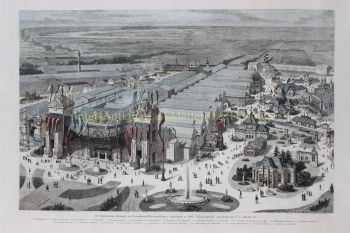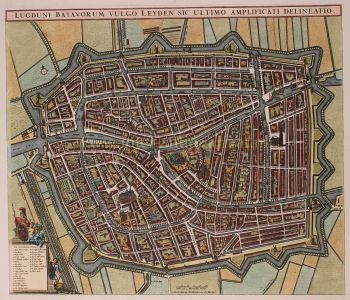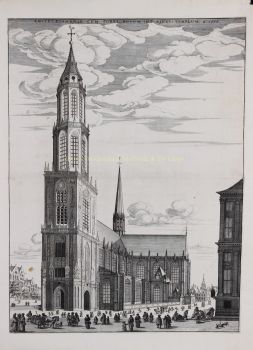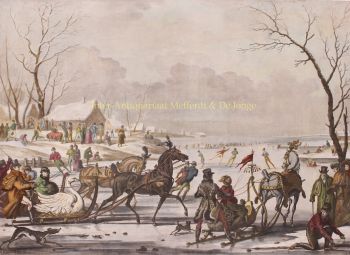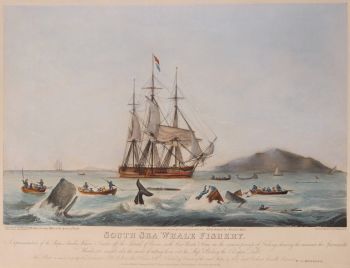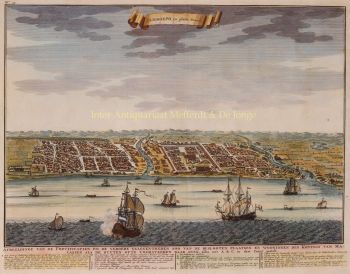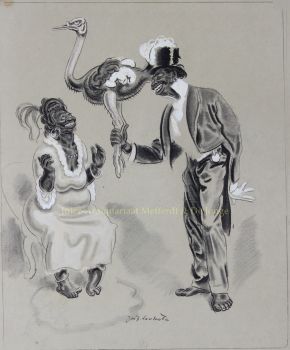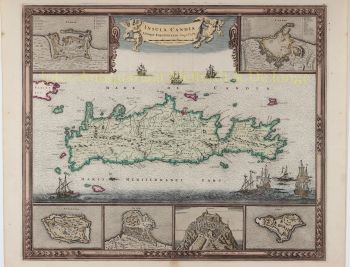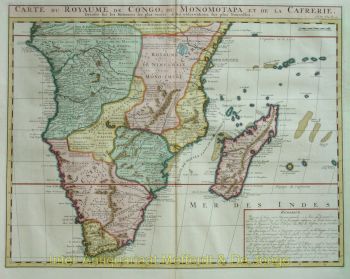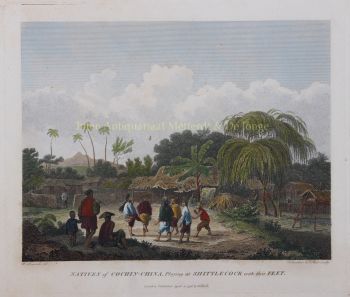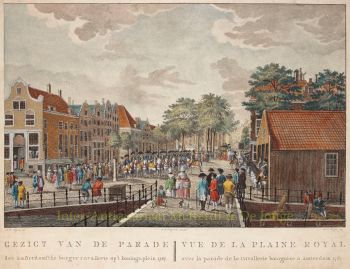Mississippi Bubble, het eiland van de gekke koppen 1720
Onbekende Kunstenaar
€ 1.250
Inter-Antiquariaat Mefferdt & De Jonge
- Over kunstwerk“Afbeeldinge van't zeer vermearde Eiland Geks-Kop…”, [Representation of the very famous island of Mad-head, lying in the sea of shares, discovered by Mr. Lawrens, and inhabited by a collection of all kinds of people, to whom are given the general name shareholders.] Copper engraving anonymously engraved and printed in or after 1720 in Amsterdam for Het Groote Tafereel der Dwaasheid… The print satirizes the folly and consequence of the bubble economy created by the Mississippi Scheme and its careless investors. Size 29 x 23 cm. This satirical engraving of the Mississippi Bubble is one of the most famous cartographic curiosities. It represents the collapse of the French Compagnie de la Louisiane d'Occident, founded by the Scottish financier John Law in 1717, which was granted control of Louisiana. Its plans to exploit the resources of the region (the “Mississippi Scheme”) captured the popular imagination and people rushed to invest: share prices opened at 500 livres, but rapidly rose to 18,000 livres. At this point speculators indulged in profit-taking, causing a run on the shares. Confidence collapsed, causing a run on the company’s capital and the company went bankrupt, ruining many, not only in France, but throughout Europe. As a consequence of this failure, confidence in many colonial schemes collapsed, forcing many companies into bankruptcy, including the English South Sea Company and a number in the Netherlands, prompting this satire. The center of the map is an island that takes the form of a traditional fool’s head. It is situated in the “Sea of Shares”, surrounded by the smaller islands of Armoed [Poverty], Droefhyt [Sorrow], and Wanhoop [Despair]. Rivers are used to define the face, the cap, and the donkey ears, and are marked with humorous place names including Bedriegers Stadt [Charlatan City], Leugenburg [Lie Town], Blind Voort [Blind Fort], Sottenburg [Crazy Town], and Bederfwyk [Corrupt Quarter], among others. At the center is the city of Quinqumpoix, named after the street in Paris where John Law maintained his offices. The rivers Seine, Teems [Thames], and Maas [Meuse], are major arteries in those countries most affected by the collapse: France, England, and The Netherlands, respectively. A vignette to the left of the map illustrates angry investors storming the Quincampoix coffee house where stock exchange traders met in Amsterdam. In another to the right, John Law himself flees from angry investors in the direction of Vianen on board a square-rigged land-yacht, itself another absurdity of the period. The map shares the sheet with a second plate, situated below it, that continues to satirize the Mississippi Scheme in verse. Price: EUR 1.250,-
- Over kunstenaar
Het kan voorkomen dat een kunstenaar of maker onbekend is.
Voor sommige werken is het niet te bepalen door wie het gemaakt is of dat het is gemaakt door (een groep) ambachtslieden. Voorbeelden zijn beelden uit de Oudheid, meubels, spiegels of handtekeningen die vaak niet duidelijk of leesbaar zijn. Maar ook sommige werken zijn helemaal niet gesigneerd.
Ook kunt u de volgende beschrijving vinden:
•"Toegeschreven aan …." waarschijnlijk een werk van de kunstenaar maar niet zeker of gedeeltelijk
•“Atelier van ….” of werkplaats van” een werk uitgevoerd in het atelier of atelier van de kunstenaar, eventueel onder zijn toezicht
•“Cirkel van ….” een werk uit de periode van de kunstenaar die zijn invloed laat zien, nauw verbonden met de kunstenaar maar niet noodzakelijkerwijs zijn leerling
•“Stijl van ….” of “Volger van ….” een werk uitgevoerd in de stijl van de kunstenaar, maar niet noodzakelijk door een leerling; kan eigentijds of bijna eigentijds zijn
•“Wijze van ….” een werk in de stijl van de kunstenaar maar van latere datum
•"Na …." een kopie (van welke datum dan ook) van een werk van de kunstenaar
•“Getekend…”, “Gedateerd….” of “Ingeschreven” dan is het werk gesigneerd/ gedateerd/ ingeschreven door de kunstenaar. De toevoeging van een vraagteken duidt op een element van twijfel
•"Met handtekening ...", "Met datum ...", "Met opschrift..." of “Draagt signatuur/datum/opschrift” dan is de handtekening/datum/opschrift toegevoegd door iemand anders dan de kunstenaar
Bent u geïnteresseerd om dit kunstwerk te kopen?
Artwork details
Related artworks
Onbekende Kunstenaar
A pair of angels Antwerp, 17th century, Carrara marble17th century
Prijs op aanvraagFrederik Muller
1 - 4 / 12- 1 - 4 / 24
- 1 - 4 / 12

